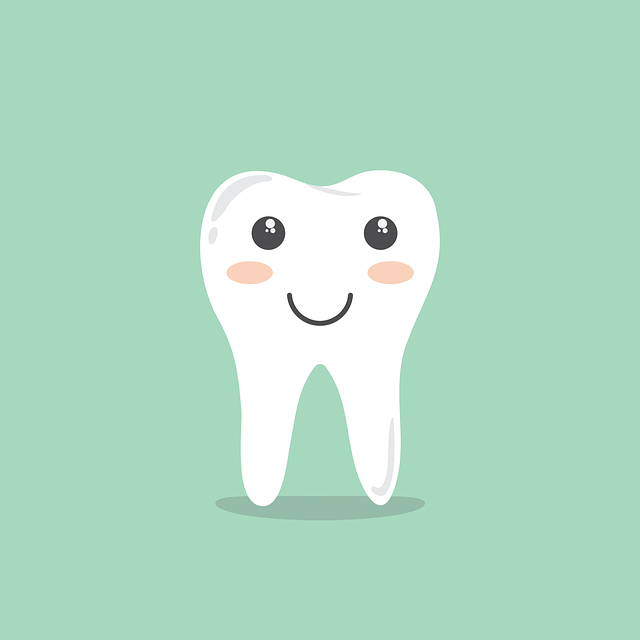How Long Do You Need Braces For? What to expect when you first get braces!
Braces are a common orthodontic treatment used to correct misaligned teeth and jaws. Braces can help improve the look and function of your smile, as well as your overall oral health. The amount of time you need to wear braces depends on a variety of factors, such as the severity of the misalignment and the type of braces used. On average, treatment can take anywhere from 18 months to three years to complete. During treatment, you will need to visit your orthodontist regularly to have your braces adjusted. With proper care, you can have the beautiful, straight smile you’ve always wanted in a relatively short amount of time.
5 Reasons You May Need Braces for Longer Than Expected
- Poor Oral Hygiene: Poor oral hygiene is one of the most common reasons that braces need to be worn for longer than expected. If plaque and tartar are not removed regularly and properly, teeth can become crooked again.
- Failure to Wear Retainers: Wearing retainers after the braces come off is a crucial step in maintaining the effects of braces. If retainers are not worn as prescribed, teeth can shift back to their original positions.
- Not Wearing Elastics: Elastics, or rubber bands, are often used to help move teeth in the right direction. If they are not worn as prescribed, teeth can move back to their original positions.
- Teeth Are Crowded: Teeth that are naturally crowded can take longer to move into the desired position. This may require extra visits and adjustments to the braces to ensure the teeth are aligned properly.
- Poor Diet: Eating a diet that is high in sugar and starch can cause damage to the teeth and gums. This can lead to a longer treatment time with braces as damage needs to be repaired before the braces can continue to do their job.
The Benefits of Prolonged Braces Treatment
Prolonged braces treatment can be beneficial to individuals in many ways. Orthodontic braces can help improve an individual’s oral health, facial structure, and overall confidence. The benefits of prolonged braces treatment include improved oral health, alignment of teeth and jaw, and improved facial aesthetics.
Improved Oral Health
When teeth are aligned correctly, it can help improve an individual’s oral health. With straight teeth, it is easier to brush and floss, which can help reduce the risk of developing gum disease and cavities. Additionally, correctly aligned teeth can help reduce the risk of jaw misalignment, which can cause headaches and TMJ pain.
Alignment of Teeth and Jaw
Prolonged braces treatment can help to properly align teeth and jaws. When teeth are properly aligned, it can help reduce the risk of teeth grinding, which can lead to tooth decay and other oral health issues. Additionally, proper alignment can help reduce the risk of TMJ pain, which can be caused by misaligned teeth and jaws.
Improved Facial Aesthetics
Prolonged braces treatment can help improve an individual’s facial aesthetics. When teeth are aligned correctly, it can give the face a more balanced and symmetrical appearance. Additionally, straight teeth can help improve confidence and self-esteem.
Overall, prolonged braces treatment can be beneficial in many ways. It can help improve oral health, alignment of teeth and jaw, and facial aesthetics. When considering orthodontic treatment, it is important to discuss the potential benefits and risks with an orthodontist.
How to Manage the Challenges of Long-Term Braces Wear
Long-term braces can present several challenges for patients, so it is important to understand how to properly manage them. Braces are not only uncomfortable and inconvenient, but they can also cause physical and psychological issues. Here are some tips for managing the challenges of long-term brace wear.
- Prioritize Oral Hygiene: Oral hygiene is essential for keeping teeth and gums healthy while wearing braces. It is important to brush and floss regularly, at least twice a day, and to use an interdental brush to clean around the brackets and wires. Additionally, regular dental visits are essential for keeping plaque and tartar buildup under control.
- Manage Discomfort: Braces can cause discomfort, especially in the beginning. To reduce pain, use cold compresses or take over-the-counter pain medications as needed. Additionally, eating soft foods and avoiding hard, sticky, and chewy foods can help reduce pain and prevent damage to the braces.
- Practice Positive Self-Talk: Long-term braces can have an effect on self-esteem, so it is important to practice positive self-talk and be kind to yourself. It may help to write down positive affirmations and remind yourself of them each day. Additionally, it may be helpful to join a support group or connect with other people who are going through the same experience.
- Take Care of Your Mental Health: Mental health is important for managing the challenges of long-term brace wear. Make sure to practice self-care, such as getting enough sleep, eating nutritious meals, and engaging in activities that make you feel good. Additionally, reach out for support if you need it and speak with a therapist or mental health professional if necessary.
By following these tips, you can manage the challenges of long-term brace wear and maintain your oral health. Remember to prioritize your oral hygiene, manage discomfort, practice positive self-talk, and take care of your mental health. With the proper care, you can make it through this experience with healthy teeth and a positive outlook.
What to Expect When You get Braces, how long is the treatment?
When you need braces for a long time, there are a few things that you can expect during your treatment.
First, you should expect to have regular appointments with your orthodontist. During these appointments, your orthodontist will check your progress, adjust your braces if needed, and answer any questions you may have. It’s important to attend these appointments and keep them on time, as this will help ensure that you have the best results in the shortest time possible.
Second, you can expect to wear braces for several months or even years. The exact amount of time you’ll need to wear braces depends on the complexity of your case and the desired outcome. Your orthodontist will be able to give you a more specific estimate of how long you’ll need to wear your braces.
Third, you should expect to experience some discomfort when you first get your braces. This is normal and should go away within a few days. If the discomfort persists, contact your orthodontist for advice.
Finally, you should expect to take extra care of your teeth and braces while they are on. This means brushing and flossing regularly to prevent plaque and food buildup, avoiding certain types of food that could damage your braces, and wearing a mouthguard when playing sports.
By understanding what to expect when you need braces for a long time, you can prepare yourself for a successful treatment. With the right care and attention, you can have a beautiful smile in no time.
Conclusion
In conclusion, it is impossible to give a definite answer as to how long you need braces, as this can vary greatly depending on your individual circumstances. The duration of your braces treatment can range from a few months to several years, depending on the severity of your orthodontic condition and the type of braces you choose. Ultimately, the timeline of your braces treatment will depend on your dentist and orthodontist, who will be best able to assess the extent of your condition and provide you with the best treatment plan for your needs.





